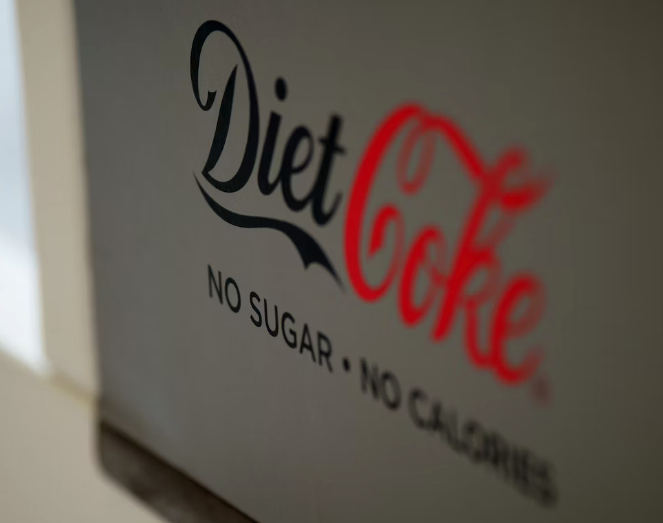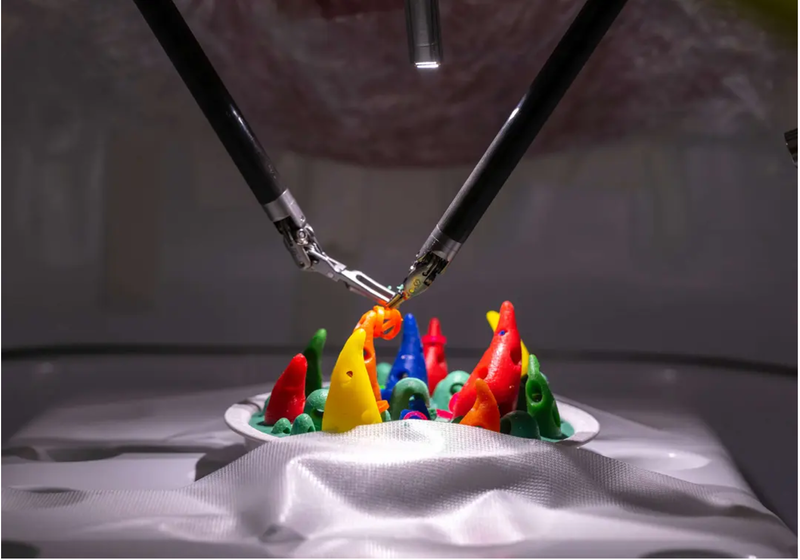Report: WHO to Declare Aspartame a Potential Carcinogen
On Thursday, Reuters — citing two anonymous sources — reported that Aspartame, the widespread artificial sweetener found in Diet Coke and other foods, is likely to be declared a "possible carcinogen to humans" by the International Agency for Research on Cancer (IARC).

Facts
- On Thursday, Reuters — citing two anonymous sources — reported that Aspartame, the widespread artificial sweetener found in Diet Coke and other foods, is likely to be declared a "possible carcinogen to humans" by the International Agency for Research on Cancer (IARC), the cancer arm of the World Health Organization (WHO).1
- Aspartame, a white, powdery, low-calorie sweetener, is approximately 200 times sweeter than sugar and is used in a variety of foods and drinks, including carbonated soft drinks, chewing gum, and desserts.2
- The decision — likely to be announced on July 14 — doesn't take into account how much aspartame someone can consume safely, as that advice comes separately from a WHO expert committee on food additives.3
- The International Sweeteners Association (ISA) expressed concerns over the news, which they fear could mislead consumers. Secretary-General of the ISA, Frances Hunt-Wood, pointed out that the IARC isn't a food safety body, alleging its review was "not scientifically comprehensive."4
- The IARC has four different carcinogenic categories: not classifiable, possibly carcinogenic, probably carcinogenic, and carcinogenic. Deciding which level a substance falls under is based on the amount of evidence, not risk.1
- The IARC's potential ruling follows a 2022 French observational study of 100K adults, which reported that people who consumed higher amounts of artificial sweeteners had a slightly increased cancer risk.5
Sources: 1Reuters, 2Independent, 3Metro, 4Sky News, and 5Daily Mail.
Narratives
- Narrative A, as provided by Daily Mail. The artificial sweetener has been followed by controversy ever since the early 2000s when an Italian study reported an increase in cancer in mice and rats. Listing aspartame as a possible carcinogen is intended to motivate more research. The food and beverage industry should not be afraid of more scrutiny and a chance to further vindicate the safety of their products.
- Narrative B, as provided by The New Daily. Aspartame is one of the most thoroughly researched ingredients in history. Over 90 food safety agencies across the globe have declared it is safe. Also, the IARC classification of "possibly carcinogenic" — applied as a measure of evidence, not risk — is slapped on everything from diesel gas to aloe vera. The media is once again running away with a sensationalist health story.






